Tags
1790, Alison Conner, America, American Revolution, Benjamin Franklin, Civil War, Euclid, First Acts of the First Session of Congress of the United States, Gutenberg Bible, history, John Locke, Luise Poulton, Marriott Library, Mary Alicia Royal, Nathaniel Rochester, New York, printing, rare books, Reformation, Rochester, S. J. Quinney College of Law, Special Collections, University of Utah, War of 1812
Time travel exists. On the fourth floor of the Marriott Library I have sat with the founding fathers as they pondered the questions facing the new nation on the heels of the American Revolution, been astounded at the invention of movable type in the revolution of the printing process, and solved mathematical principles with Euclid. While the famous people who turned the wheels of history are not miraculously hiding out on the U’s campus, the works they created are.
The rare books collection holds treasures from all corners of the globe that are available to anyone who wishes to uncover the magical milestones in history that helped to shape our present reality. A simple trip to the rare books will undoubtedly inspire and present questions that will lead to more trips back to the collection.
My freshman year at the U I took a class on the Reformation. The syllabus for the course dictated that on a certain day we would gather at the rare books collection at the library. At the time I didn’t know what to expect, and I certainly didn’t realize that this one time excursion out of the classroom and into the library would forever change my experience at the U and my understanding and passion for the study of history.
My class filed into the special collections classroom and were told to wipe our hands with baby wipes. As we cleaned our hands a large hardbound book was set before us. The book was obviously old and as the cover was opened to reveal the pages inside, it was clear it was not of this era. The thickness of the pages, paired with the indentation of the lettering on the page served as clues into a past that was far richer than any normal book in the shelves standing in the library below.
As I stared at the pages, completely enamored by their coloration, markings and engravings, the curator explained that the page sitting before us was an original leaflet of the Gutenberg Bible. Yes, that Gutenberg Bible, the first book printed after the invention of movable type. My heart started racing. I was standing in the same room, feet away from one of the most influential pieces of history in the world. This excitement I felt was multiplied when we were informed that we could come forward and hold it in our hands.
I think I partly expected to have to put on special gloves and admire the copy under glass. But as I moved up in the line, it became clear that I could hold the copy, no gloves, no glass, just me and the book. When the curator put the book in my hands, it was a feeling that I had never felt before. I can only explain it as a mixture of admiration, gratitude, and awe. For those brief moments that I held the leaflet of the Gutenberg Bible in my bare hands, the past and present collided. I was touching the same pages that came off the press nearly 550 years earlier.
I ran my hand over the page and could feel the indentations of the letters, and smell the old fibers of the paper. From this point on my experience at the U was forever changed. It wasn’t long after that trip to the rare books that I made the decision to declare my academic major in history. Every history class I took from that moment until my graduation I would find myself returning to the rare books.
Walking through the doors of the collection, for me, was like taking a step outside of the busy world we live in, to spend a few unadulterated moments with my historical friends. There have been times over the years that I have admittedly been moved to tears at the sight of certain books, and have felt completely unworthy to be in their presence. This happened recently during a project for my Worlds of Benjamin Franklin class.
As a requirement of the course we had to pick a book in the rare books to study and report on. After meeting with Luise Poulton, who was more than willing to sit down with me and explore options for the project, I decided upon the First Acts of the First Session of Congress of the United States. The cover of the book had completely separated from the spine of the book and the pages were old, some of them bent, with writing and notes filling the inside.
As I carefully turned the pages, I was overcome with the sense that I was holding a piece of America. This book is a first edition that was printed in 1790. As I researched the book, I discovered that this particular one was once the property of Nathaniel Rochester, a veteran of the Revolutionary War and the founder of Rochester, New York. As I began to unveil the history lurking behind the signatures on the inside cover I discovered that the book had also gone through the hands of veterans of the War of 1812 and the Civil War as well as influential legal minds in our country’s formative years. And finally, as I sat in the rare books reading room, I became the next person in the storied line of individuals who had the fortune of being part of this book’s history.
As a new graduate of the University of Utah’s History department I’ve spent recent days reflecting on my time at the U. During this reflection I have pondered on both the people that shaped my experiences as well as places that aided in the enrichment of educational pursuits. Although I have encountered multiple people and places that influenced the completion of my degree, I can say, without hesitation, that the rare books collection had the greatest impact on my desire to study history.
While my time in undergrad has come to an end, my relationship with the rare books collection is far from over. As I begin my legal studies at the U’s SJ Quinney College of Law this fall, I know I will find myself visiting a new set of historical friends. I’m confident the writings of John Locke have untold stories and lessons to teach me as I pursue my juris doctorate.
I have told Luise Poulton and Alison Conner, curators in the rare books department, on multiple occasions that I wish I could spend all day in the collection, going through the pages of history that the U has been charged with the immense responsibility of caring for. My wish for future generations of students at the U is that they have the opportunity, to visit the collection and experience the unparalleled feeling and emotion that accompany the opportunity to hold history in your hands. How lucky we are, as students past and present of the U, to have access to such a resource!
Mary Alicia Royal, BA, Class of 2015

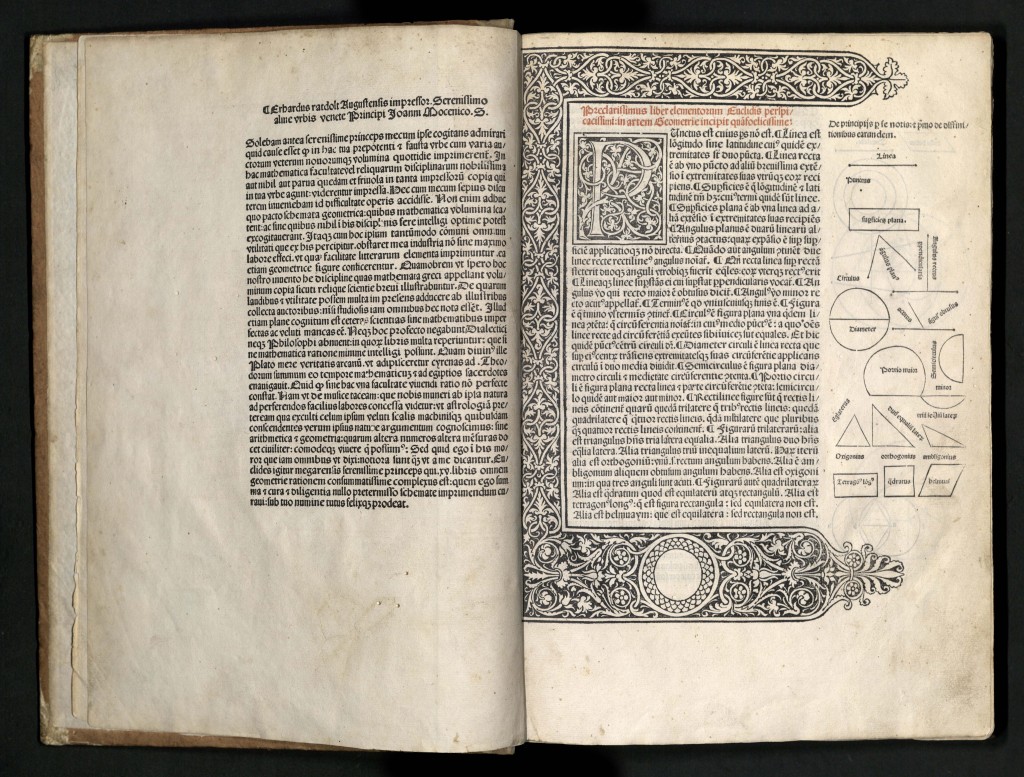
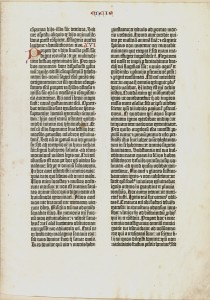
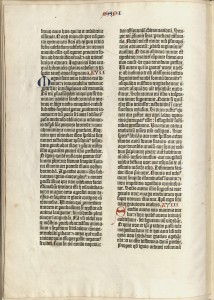
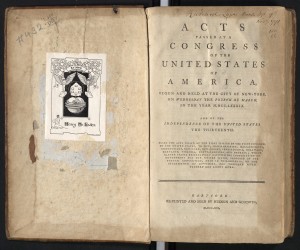
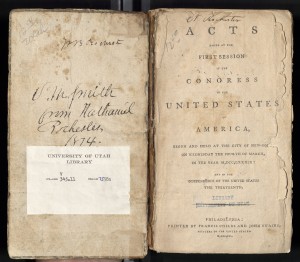
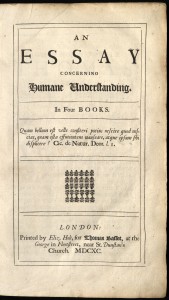
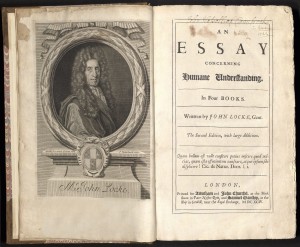
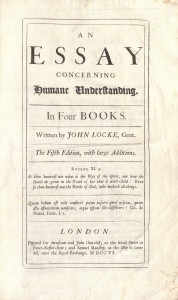
Thank you, Mary! We look forward to seeing you again. Congratulations on your graduation and good luck in law school! — Luise